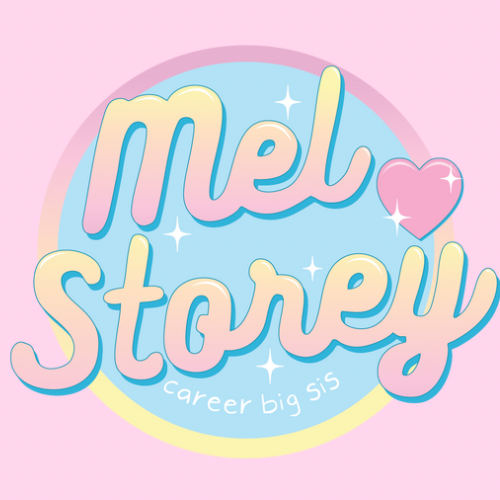Big Sis Briefing: The Brain, The Body and The Breaking Point
💖 content warning: mental illness 💖
Today is World Mental Health Day. I want to use it to talk about something that for a long time, I didn't.
I've spent years learning how my brain, body and nervous system work together (or against each other) when life becomes too much. You can't outthink biology. You can't reason your way out of a nervous system in overdrive. Believe me, I tried. Many of us do. We tell ourselves to push through, to stay busy, to outrun the feelings. Depression hates a moving target, right? That’s what my anxiety was telling me. (Yep, I was dealing with both in different ways).
But at some point, your body stops running.
Mine did in 2022.
I suffered for far longer than I needed to because no one ever taught me to manage my mental health like any other part of my body. We're taught to brush our teeth, exercise our muscles, eat well… but emotional regulation? Stress management? Setting boundaries? Those weren't in the curriculum.
Instead, I bought into a system that actively punishes boundaries, that rewards overwork and calls it "dedication" and that mistakes burnout for commitment.
From the outside, I was totally fine. High-performing, high-functioning, holding everything together. On the inside, my system had completely short-circuited. It was slow at first, then all at once. I went from "handling it" to barely able to move, think or eat. The only thing I could reliably do by that point was cry and shake.
I'd spent years ignoring every warning sign because I'd been conditioned to believe that boundaries were weaknesses and rest was laziness.
The system doesn't just fail to support boundaries, it actively dismantles them. It normalises the abnormal until you can't tell the difference between dedication and self-destruction.
Medication became my bridge back to stability while I waited months for specialist care. That wait happened despite private health, contacts, privilege and access. The system is broken, even for someone with every possible advantage. That terrified me. Because if that's what help looks like for people with options, what about those without?
It took years to rebuild myself (and is still a WIP as I navigate new life chapters).
I had to be brutally honest about the decisions, the conditioning and the misplaced sense of duty that got me there in the first place. I had to take accountability for my part too.
I had to unlearn everything I'd been taught about what it meant to be "strong" or "successful." I had to make choices that may have even looked irrational from the outside, that only my inner circle understood, but were necessary for my survival.
I don't share this for sympathy. I share it because we have to stop pretending that mental health is a mindset problem.
The legal profession still treats "resilience" as an individual sport. You're told to meditate, exercise or think positive thoughts instead of asking harder questions about the systems that make people sick. You're given wellness initiatives instead of reasonable workloads. Mindfulness apps instead of structural change.
Then, when you break, you feel like the failure.
But you are not the problem. A poorly designed system is.
Now, I manage my mental health like I manage my business and like I should have been taught to manage it from the beginning. With structure, accountability and investment.
✨ Monthly check-up from the neck up with trusted professionals
✨ Rest as a non-negotiable
✨ Saying no before my body says it for me
✨ Checking in with people who keep me honest with myself
✨ Boundaries that are protected and not apologised for
✨ A genuinely supportive social system
I've made peace with the scar this period left me. You can't see it but I can. It reminds me that no career, title or perception of strength is worth your health.
A few years ago, in a group therapy session at a boujee private facility (basically a spa for the brain), we realised four of the five people in the room worked in law. The fifth was a law student. We all laughed through tears at the odds. It wasn't coincidence.
It was culture (and the type of personalities this profession tends to attract too no doubt).
We do deserve better though.
We get there by talking about it and by demanding systems that actually support the mental health they claim to value.
If you’re struggling today, start small. Tell your GP. Tell someone you trust. Say, “I’m not okay.” You don’t need to have the words beyond that. EAP. LawCare. Beyond Blue. Lifeline. Be brave and reach out or ask a friend to help you if it all feels too hard 🫶
I’m daring to reimagine the way forward and what this could look like within deeply institutionalised structures and capitalist forces. It’s a WIP and I can’t do it alone. Join me.
Onward!
Mel
💖

